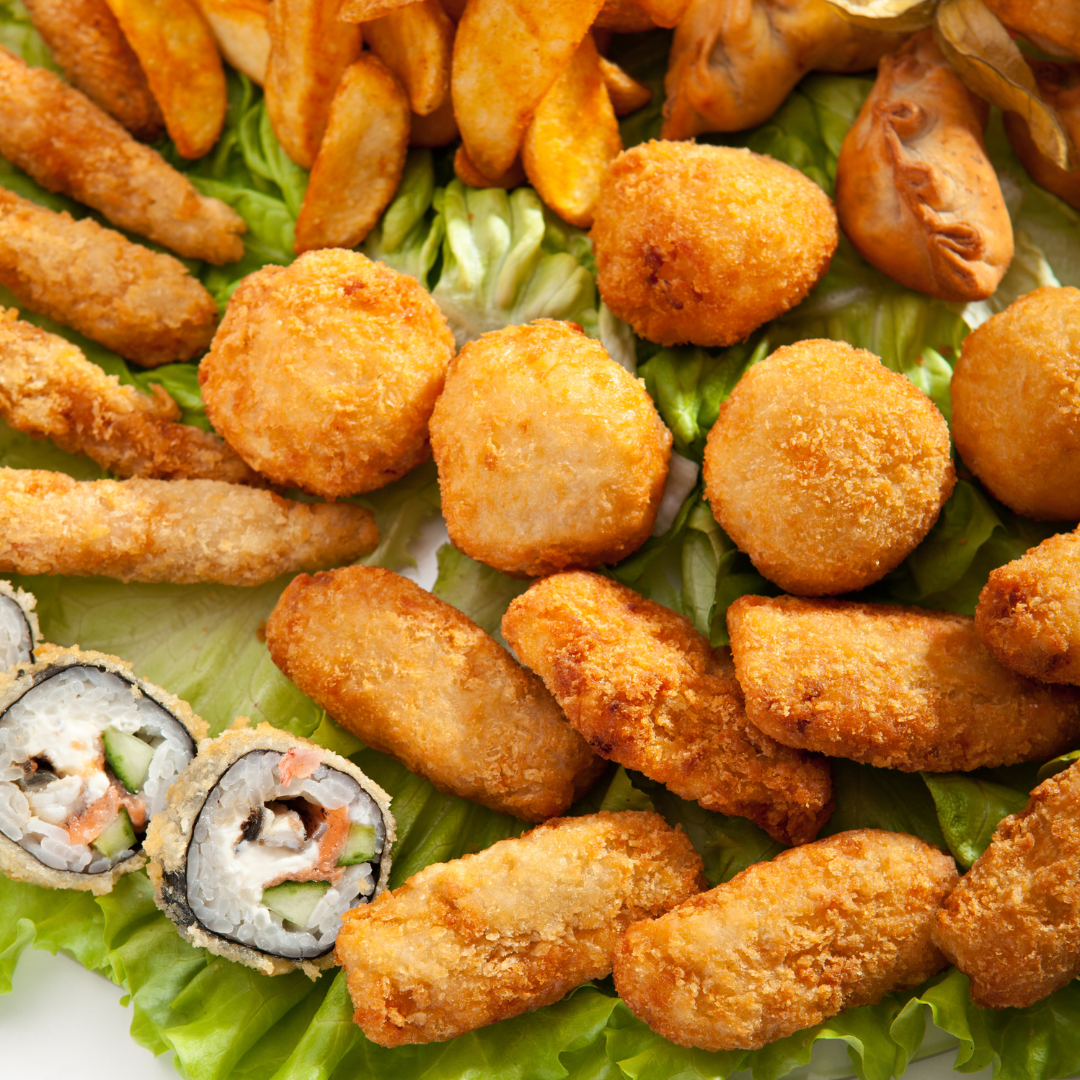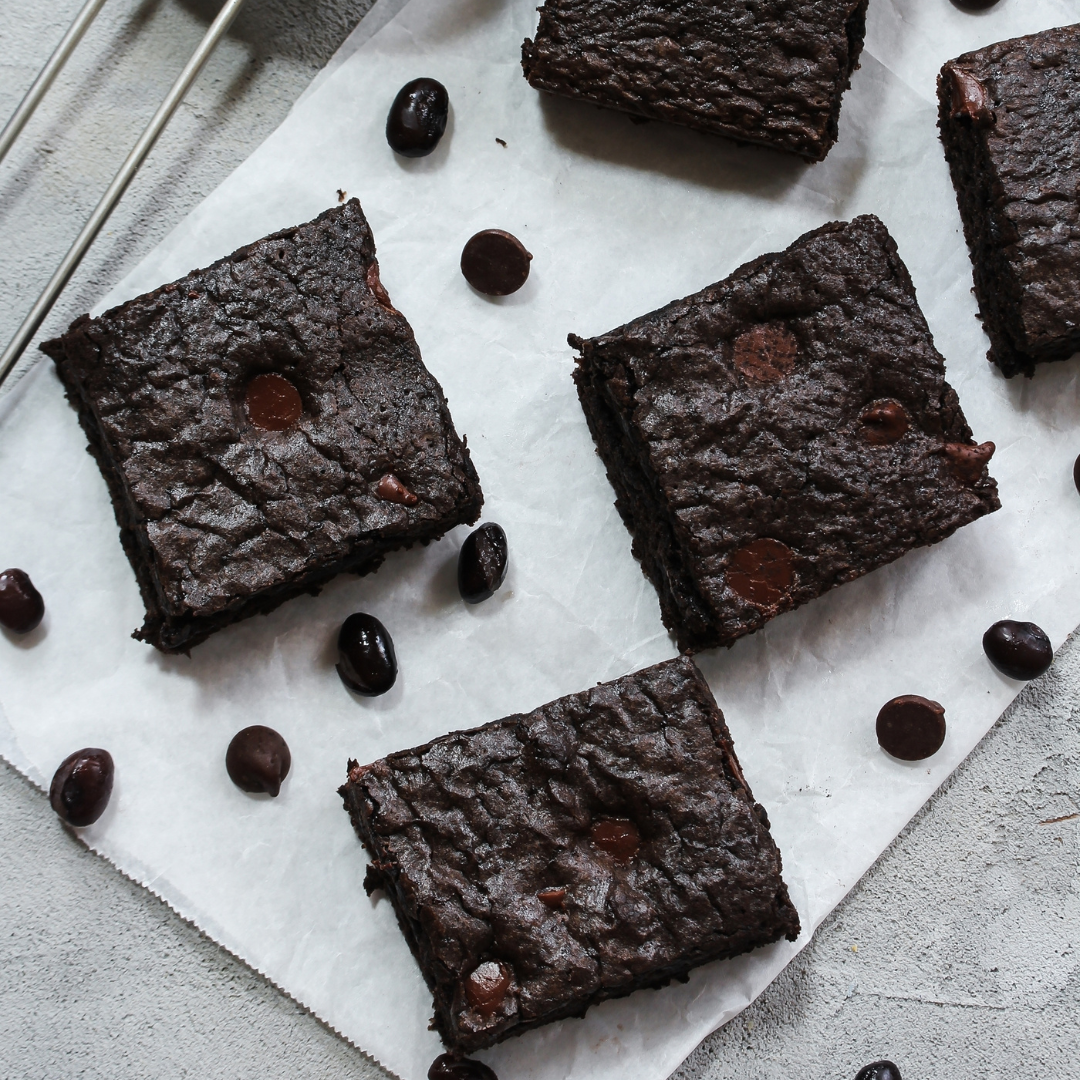Potassium (K) is a mineral that plays a critical role in maintaining proper fluid balance and nerve and muscle function. It helps regulate blood pressure, muscle contractions, and heart rhythm. Potassium can be found in fruits and vegetables, as well as whole grains and dairy. Coconut water, bananas, potatoes, tomatoes, and yogurt are also good sources. Potassium works synergistically with other minerals, especially calcium and magnesium, in promoting bone strength. Potassium deficiency also causes a variety of symptoms, especially muscle weakness, irregular heartbeat, and muscle cramps. The American Dietetic Association (ADA) recommends the following amount of potassium per day for healthy individuals: Men: 4700 milligrams (mg) Women: 4700 to 4700 mg (Note: This recommendation is based on the RDA for potassium, not the EAR).
Potassium is the 3rd most abundant mineral in the body and is essential for heart health and muscle function. Consuming enough potassium is essential to maintaining healthy blood pressure, which can reduce the risks of stroke and heart attack.
Here Are the Foods that are Rich in Potassium:
- Winter squash (acorn, butternut)
One way to get potassium is to eat foods with high potassium content, which is why winter squash is such a great food to include in your diet. Typically, winter squash, also known as butternut or a Delicata squash, is a vegetable that’s native to North America, Mexico, and the Caribbean. Winter squash comes in a wide variety of shapes, sizes, and colours, from orange to purple to yellow.
- Bananas
Potassium is a mineral that helps maintain normal heart function and helps maintain normal blood pressure. Potassium is found in a variety of foods, including bananas. Bananas and other fruits are high in potassium. Some people choose to go on a potassium-restricted diet in an attempt to lose weight. A potassium-restricted diet can cause dehydration, decreased muscular function, hypertension, infertility, and decreased bone mineral density. Potassium is a mineral that helps regulate blood pressure, nerves, and muscles. It promotes a healthy nervous system and a healthy heart. The body can store about 4,700 milligrams of potassium, but most people need more. Since bananas are rich in potassium, they are one of the most popular items on dieting lists. Bananas are rich in other nutrients, including fibre, vitamin C and B6, which are good for weight-loss diets. Although 100 grams of banana provides 1,340 milligrams of potassium, only 32 percent of the recommended daily allowance, a banana diet may not be the healthiest way to consume potassium.
- Sweet potatoes (and yams)
Potassium is a mineral that our bodies use to function properly. It is involved in muscle contraction, nerve function, and muscle function. It is also important in helping to regulate blood pressure. Many foods are rich sources of potassium. Sweet potatoes (and yams) are at the top of the list.
- Kidney beans
Potassium is a mineral that is necessary for proper body function. Your diet should provide you with at least 4.5 grams for every 1,000 pounds of body weight. Since 1 cup of kidney beans contains 1,000 mg of potassium, consuming 1 cup has only 45% of your recommended daily allowance. Kidney beans contain high levels of fibre, protein, and calcium and also contain iron, magnesium, and zinc.
- Green Leafy Vegetables
Potassium is a mineral that plays an important role in keeping your body’s fluid levels balanced. It also plays a key role in regulating how your body uses blood sugar, and it may help reduce the risk of stroke, high blood pressure, and heart disease. Potassium-rich foods include leafy greens and dark and leafy green vegetables.
Potassium is a mineral that’s essential for healthy blood, muscles, and nerves. It helps regulate heart rate, blood pressure, and muscle movements and is necessary for the proper functioning of cells and tissues. A person’s potassium levels can vary with age, gender, and genetics. Common illnesses, such as diarrhoea or vomiting, can lead to potassium losses, as can taking certain medications or drinking too much alcohol. Potassium intake should be monitored closely. Potassium is often referred to as “the wonderful electrolyte,” and this mineral is an essential mineral that your body depends on for normal function and to maintain your overall health. To balance out the sodium in your meals, eat plenty of potassium-rich foods, such as fruits and vegetables.




